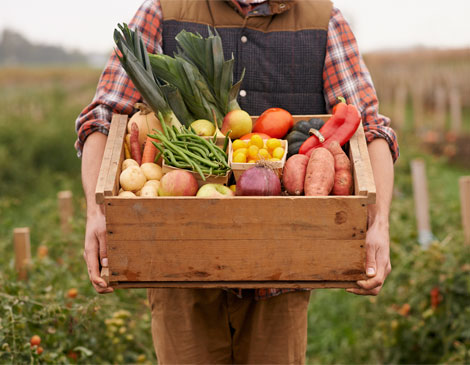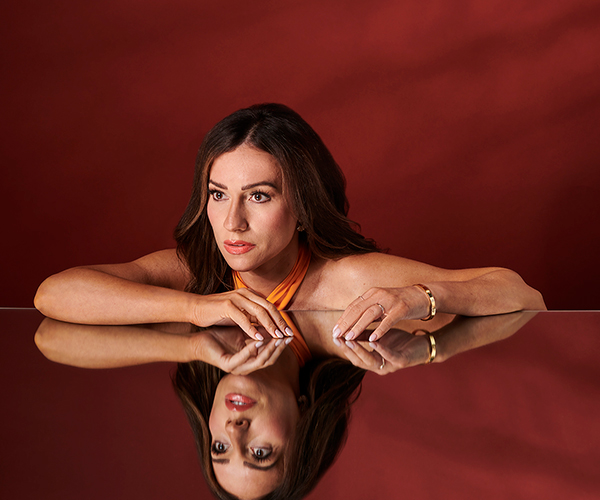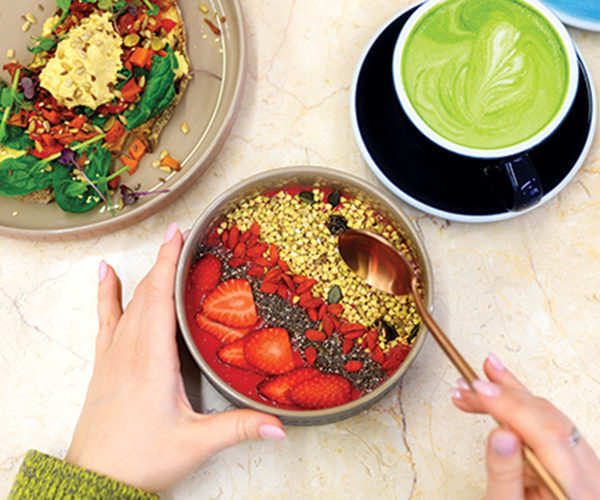|
Eliminates all wheat, barley, oat and rye-based products that contain gluten protein.
|
Avoids any product that has been genetically modified or engineered.
|
The theory is that cooking food depletes nutrients and disease-fighting enzymes, so you eat only uncooked and unprocessed foods.
|
|
|
HOW IT AFFECTS YOU
|
If you have celiac disease or a gluten allergy, avoiding gluten can calm or stop intestinal flare-ups. It can also cut down on calories.
|
You avoid ingesting chemicals such as growth hormones or harmful pesticides. "You're eating as nature intended," says Andrus.
|
The extra nutrients can cleanse your body and boost your immune system.
|
|
WHAT YOU CAN EAT
|
Grains such as quinoa, rice, black beans and corn, and nonbattered, breaded or marinated poultry, meats and fish, and fruits and vegetables.
|
Organic meats, dairy, fruits and vegetables from local sources. Avoid foods made with soybeans, corn or sugar.
|
Mostly nuts and grains, raw fruits and vegetables — often in the form of juices. Die-hards also include unpasteurized dairy foods and raw meat.
|
|
PROS
|
"People who eliminate gluten usually also eliminate refined white flour, which can cause sluggishness," says Andrus
|
You decrease the likelihood of developing an allergy or a neurological disorder related to GMO foods.
|
You'll be getting your daily recommended servings of nutrient-rich fruits and vegetables. "You'll also be getting a heck of a lot more fiber," Andrus says.
|
|
CONS
|
It's possible to miss out on key nutrients. "You may not get enough vitamin B or fiber when you eliminate gluten from your diet," says Andrus.
|
Products are more expensive and can be harder to find. "It's a matter of doing a little bit of homework," says Andrus.
|
Some foods such as kidney beans and potatoes can't be eaten uncooked, and consuming raw meat puts you at risk for salmonella and other bacterial diseases.
|

The Healthiest You: Food Scheme
Here are the pros, cons and what you can expect if you're on the trendy diet train.
best doctors
12:00 AM EST
July 19, 2015



